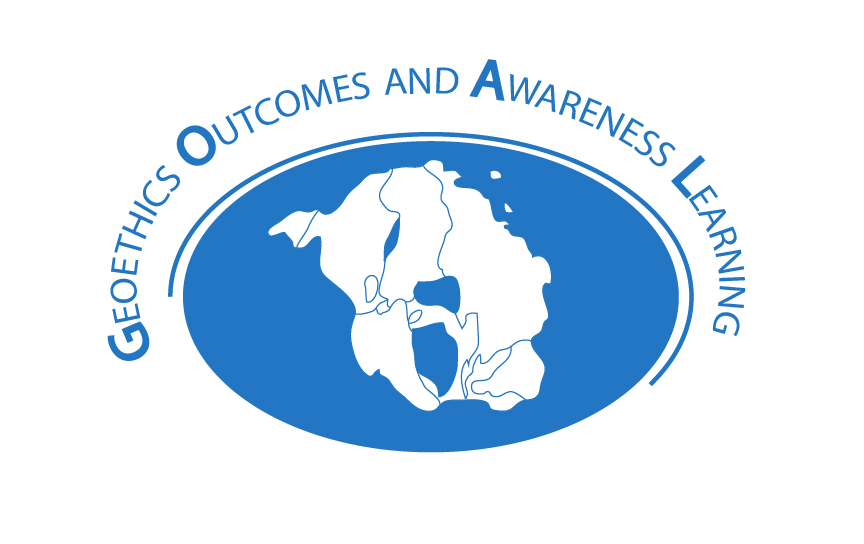These intellectual outputs are the outcomes of GOAL workshop #4, taking place in Israel, in January 2020. However, it is also a result of the outputs of the previous workshops and the contribution of the participants along the whole project.
The first and the last days of the Israeli workshop were held in The Weizmann Institute of Science and in the middle 3 days a field tour took place, across the desert part of Israel.
The outputs of this workshop comprise of three sections: (i) Four educational resourceswere produced for higher education, related to Georesources, Georisks, Geoheritage and Water. (ii) The elaboration of an online publication of four educational field trips where geoethics aspects are integrated into various academic geoscience subjects; (iii) Presentation of a study of attitudes of academic geoscientists towards geoethics in general and towards the integration of geoethics aspects into the academic geoscience syllabus.


